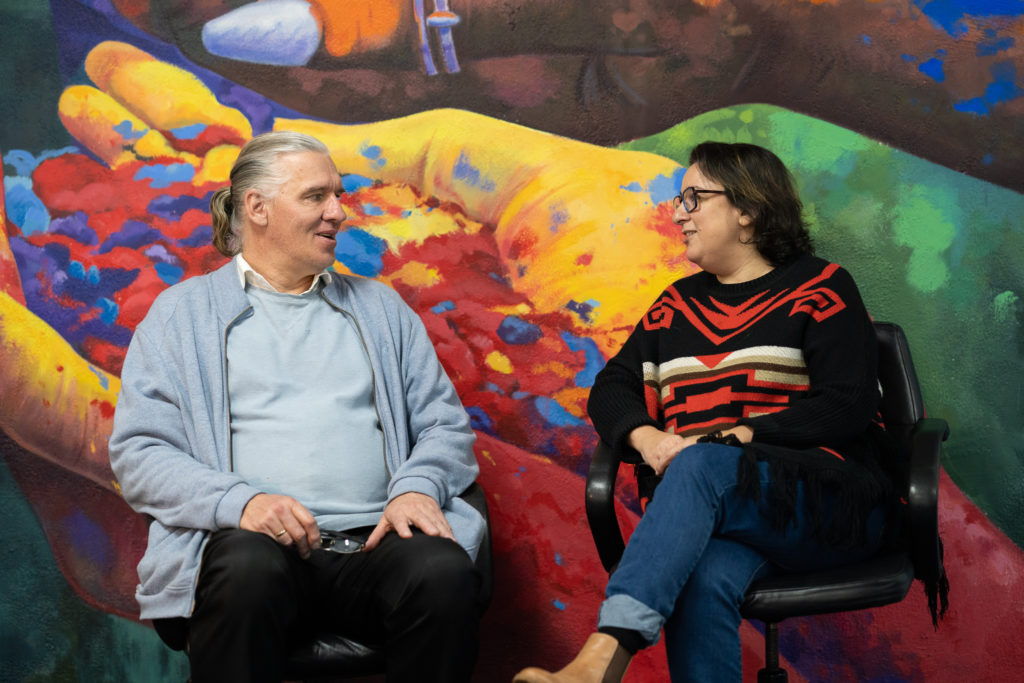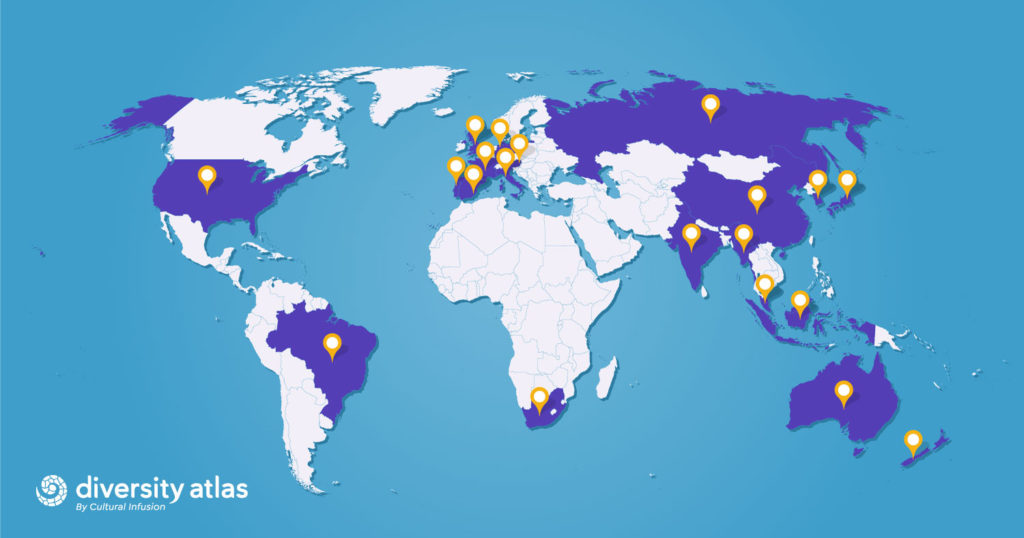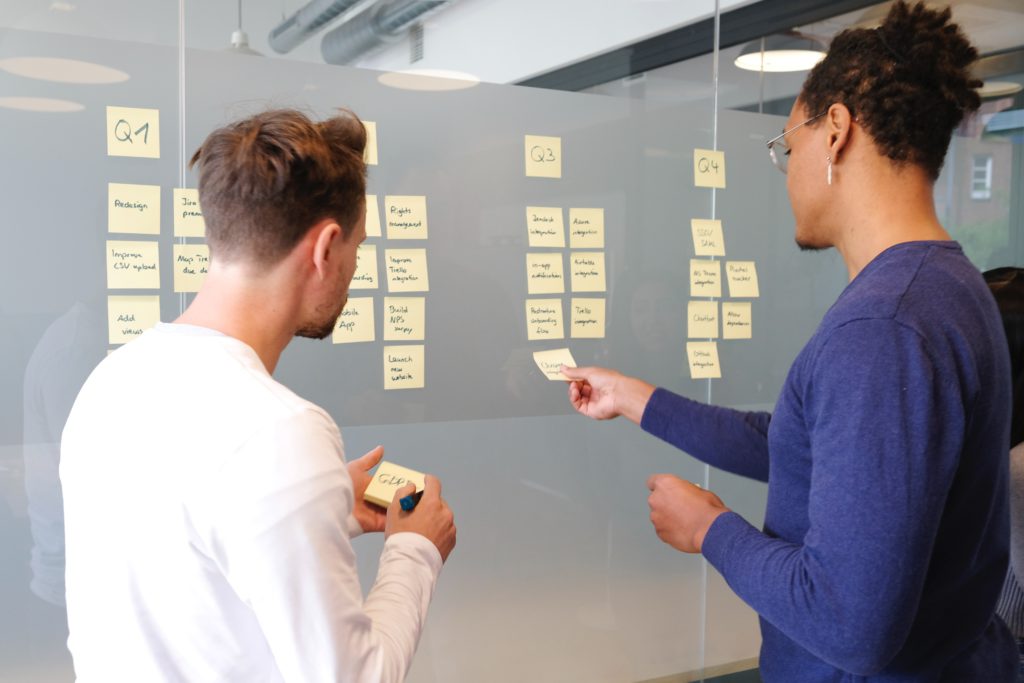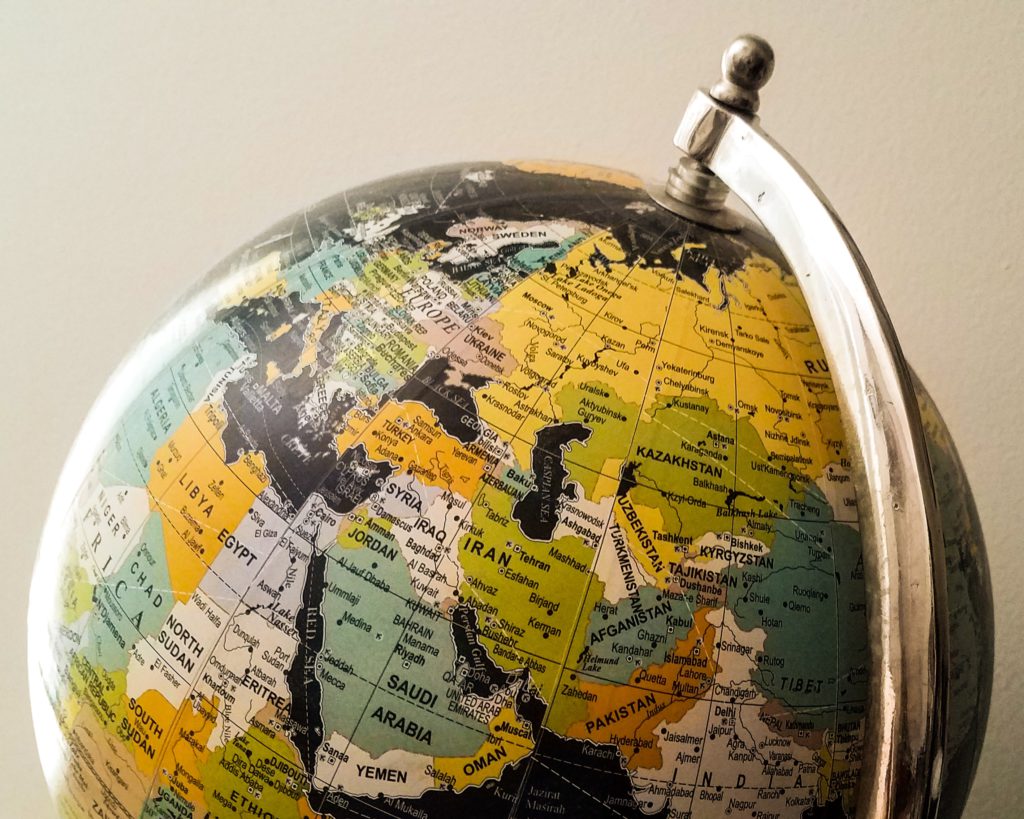![Featured image for “Diversity Atlas Newsletter [July 2022]”](https://diversityatlas.io/wp-content/uploads/2022/08/MicrosoftTeams-image.png)
22 Countries, 8500 Cultures and 1/4 Million People Counted: We’re just getting started
This month we are reaching new people all around the globe! We are proud to introduce fifteen new Diversity Equity and Inclusion (DEI) programs, unpack the importance of Environmental, Social and Governing factors, known as ESG, to culturally diverse organisations, and discuss new updates to the platform such as Diversity Atlas’ implementation of the Client Identified Access Management system (CIAM) and survey modification.

Diversity Atlas is proud to introduce a suite of 15 Diversity, Equity and Inclusion Change Programs.
As the world becomes more uncertain, Diversity, Equity and Inclusion (DEI) is now a business imperative, contributing to better workforce and community outcomes and stronger performing organisations.
To help fully realise it’s value and to produce better outcomes, the Diversity Atlas Programs are a suite of professional development and capacity building programs. Expertly designed to deep dive into contemporary discourse, scholarship and practice in Diversity, Equity and Inclusion (DEI), our programs provide the foundation for excellence in DEI practice.
Across the three streams of Data, Context and Transformation, our programs support organisations to a) become data literate, turning data into meaningful and effective strategies and action plans, b) increase understanding of the complex contextual elements that ensure that our work reflects global standards and c) build strategic, cross-organisational engagement and lasting impact.
These self-paced programs are designed for:
- CEOs and Executives
- Executive Sponsors and Champions and Steering Committees
- Hiring Managers
- Diversity, Equity & Inclusion Units, Human Resources, People & Culture, Learning & Development Departments
- Employee Reference Groups and Networks,
- People seeking to deepen their understanding the unique and lived experiences of employees of diverse backgrounds
- On boarding specialists and Diversity Atlas Platform Users
The change programs will be offered in September 2022 and will help you to:
- Discover the richness and infinite diversity that is hidden
- Embrace and engage diversity beyond a narrow, limited focus
- Understand your workforce, workforce data and to develop strategies that work
- Gain better intercultural understanding and understand your employees
- Raise consciousness, build competencies and build professional interactions
- Create a safe and inclusive environment free from discrimination and exclusion
To find out more and see how these programs can help your journey of realising the value of difference in your organisation, please get in touch with Veronica via her email: [email protected]

Diversity Atlas has reached new milestones this month in our mission to measure the diversity of organisations through meaningful data collection.
The number of people who have experienced Diversity Atlas has grown exponentially. Every month, we see a growth of at least 5 percent, reaching new people, countries and organisations every day.
We have rolled out Diversity Atlas in 22 countries and overall, over 200 thousand people have contributed to and participated in in our platform.
“We had been looking for a tool to help us map and capture our diversity. The results have not only helped us identify some previously unknown blind spots but will also now help us develop future DEI strategies”
Beth Pertiller, Senior Director of Operations Salzburg Global Seminar

What is the ‘S’ of ESG?
There is a growing expectation for corporations to protect the environment, encourage social progress and improve their own governance. These domains are known as ESG and specialists in cultural diversity have the role of upholding and strengthening the ‘S’ocial element in their organisation.
A diverse workforce has become a critical success factor for companies and public organizations, creating space for individuals to collaborate despite their different beliefs, opinions and backgrounds. Having a common goal, broadly speaking, like the success of the organisation, employees are able to look past these differences. In doing so, we become familiar with the other person, which eventually leads to acceptance.
The numbers tell the story: According to a report from Deloitte, organizations with diverse and inclusive cultures are six times more innovative and more likely to anticipate change and react quickly. A study by McKinsey & Company also reveals they are 35 times more likely to perform better and to have an improved return on investment.
The business case for diversity is clear – diversity leads to innovation, improving the flow of ideas, and therefore improves profitability. Productivity is improved by the inclusion of employees from different backgrounds, races, sexual orientations, and religious and political views.
The more ideas, experiences and perspectives circulate from a more diverse workforce, the greater employee engagement and the lower personnel turnover. DEI initiatives engage the organisation, and should provide effective, data-driven approaches to improving the diversity, equity and inclusion of the workforce.
Our Diversity Atlas platform is used by organisations to unlock the diversity of their people. They are able to assess the complex and nuanced frame and draw upon it to make a bigger difference to their own diversity and inclusion strategies. Most importantly, using this tool and this approach, enables taking an intersectional approach to DEI across cultural fields such as ancestry, race, cultures, gender, sexuality and disability.

Diversity Atlas has implemented CIAM (Client Identity Access Management) to further protect our participants.
The security of an organisation’s data in Diversity Atlas is directly related to the security of “access” to the system and data in it. Whenever an admin of an organisation wants to access their data, we try to ensure the security of this connection is well considered including features like complex password policies, Two Factor Authentication and Auto Logout.
However, with the advancement of CIAM, more and more organisations are moving towards passwordless processes through Identity and Access Management systems when accessing the Diversity Atlas dashboard.
We have now implemented an Outside
Authorization based SSO (Single Sign On) solution to make this possible. We value the anonymity, protection and security of our participants and will continue to update our platform to ensure this.
New Features and Updates

In this product update, Diversity Atlas’ Cultural Attaché, Quincy Hall, unpacks modifications made to our definition of a country.
Three New Countries and a New Continent.
Our definition of a ‘country’ in our database has caused some consternation over the time we have deployed Diversity Atlas. The database we started with was sourced from the United Nations, which seems as good as any source. One problem it caused was that our English and Scottish customers (for instance) started sending us terse emails, demanding to know why their country was not listed, to which our answer was, well, the UN has you down as United Kingdom.. take it up with them!
Then of course we have people living in ‘dependent territories’ (eg: Gibraltar) who wanted to be able to express this, and so our criteria broadened to include these geographical locations. But what of Taiwan? Kosovo? Well, our CEO gave this much thought and after consultation with various SME’s and consultants, we expanded our criteria to include countries that are self-governed, have their own currency or that of a UN Member State, and are acknowledged by two or more UN member states. It was in this fashion Taiwan was added to our ‘country of birth’ list.
This did not help the English or the Scottish though, or the people born in (what was then) Yugoslavia. Or those born ‘at sea’, or those that did not know what country they were born in, or for reasons wide and varied, did not want to share their country of birth. The problem is that on our survey, the question is compulsory.
Therefore, we have created three new countries for release next month and they are:
- Not Listed
- Unknown
- Prefer not to Say
…and these are all coded as belonging to the continent ‘Unknown’ (some of us at Diversity Atlas wanted to be more imaginative with the continent naming and come up with something snappier, like ‘Middle Earth’, but we played it safe in the end).
One of our internal mantras is that “we do cultures, not politics”, but politics often comes knocking at our door, demanding an audience. We say to Politics: “We are just counters of things, not arbiters,” but the more we think about it, we are making judgements. We have a list of ‘countries’ and our own definition of what constitutes a ‘country’ and each participant in our survey is restricted by our definition, and quite often, one’s connection to their country of birth is incredibly important and if we get it wrong, we can upset people.
As such, we’re proud to offer these new choices, even if it means losing some data-crunching nuance, and no doubt, sporadically over the next few years, as new wisdom comes to us, the list will change again, and again, and again.
Share this Post
